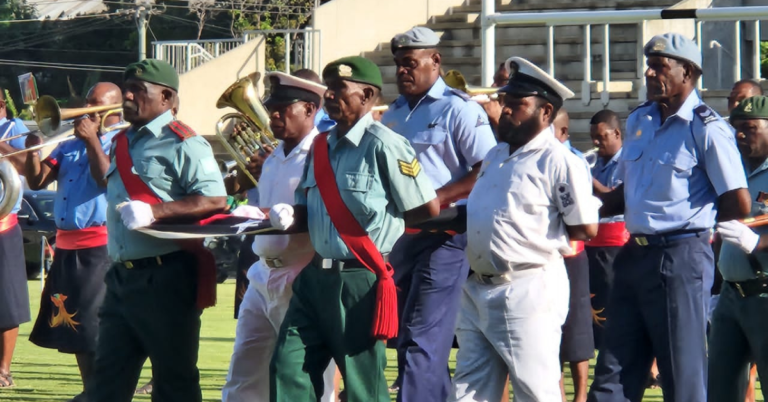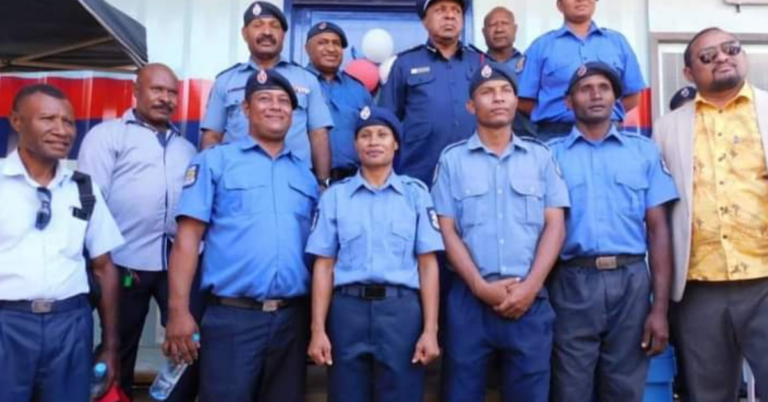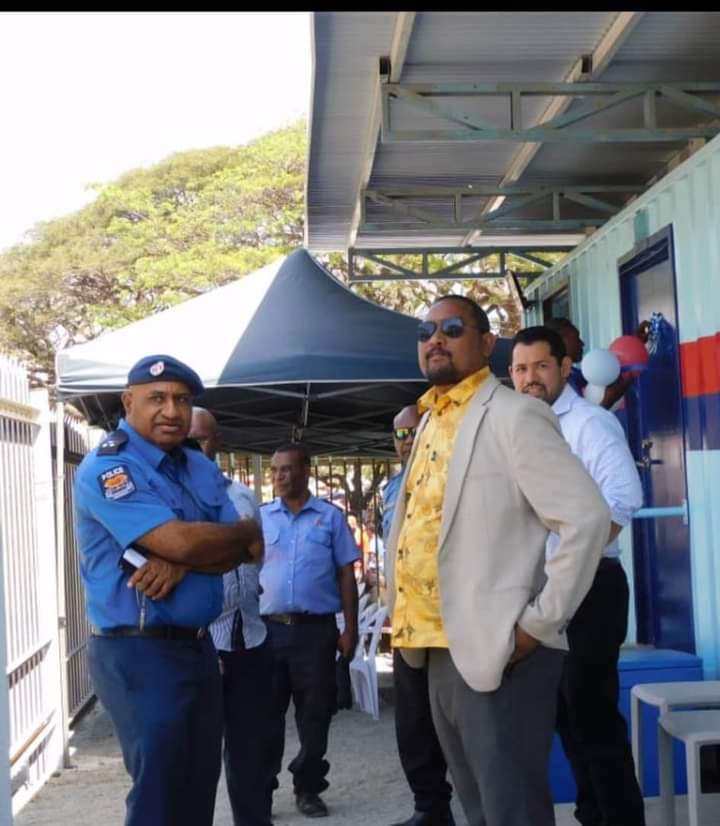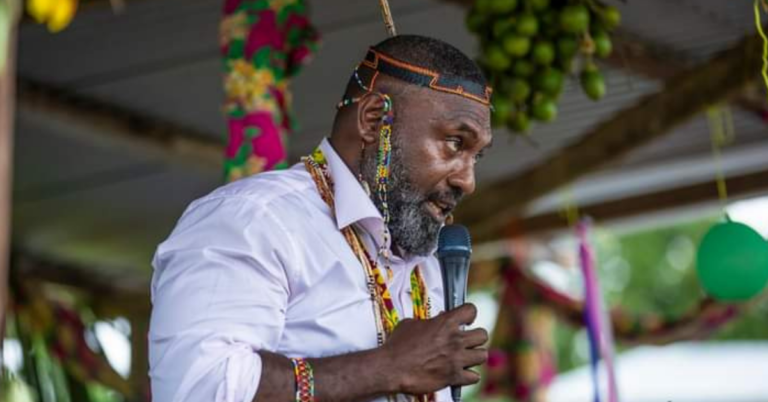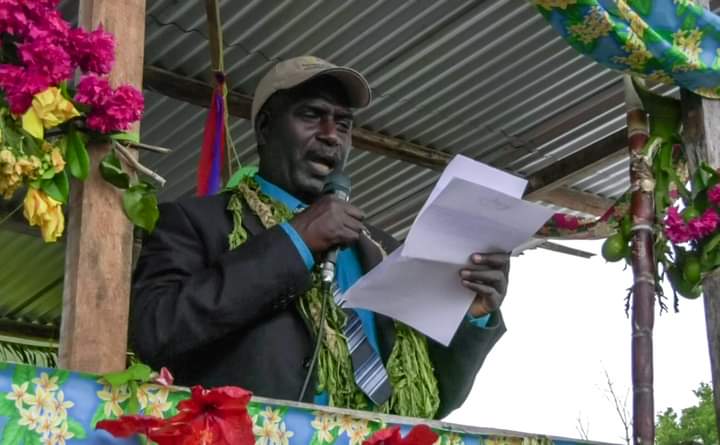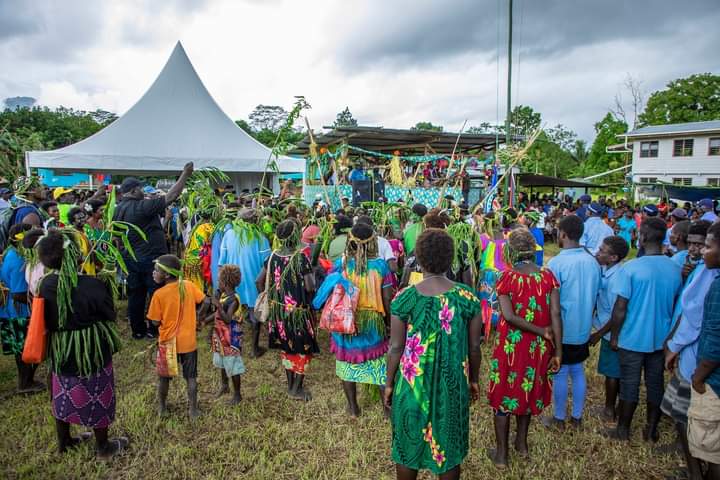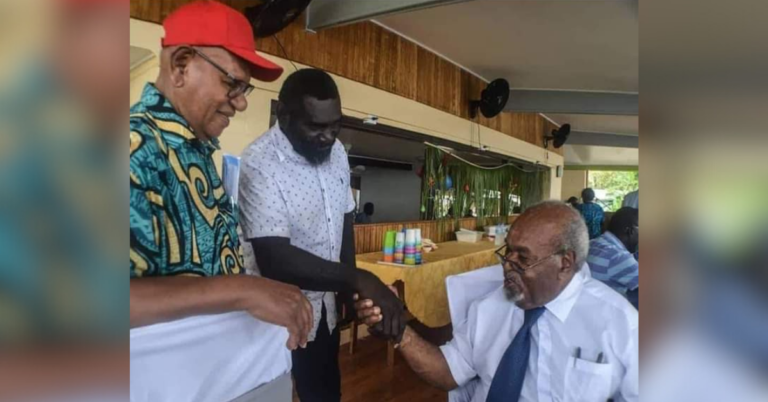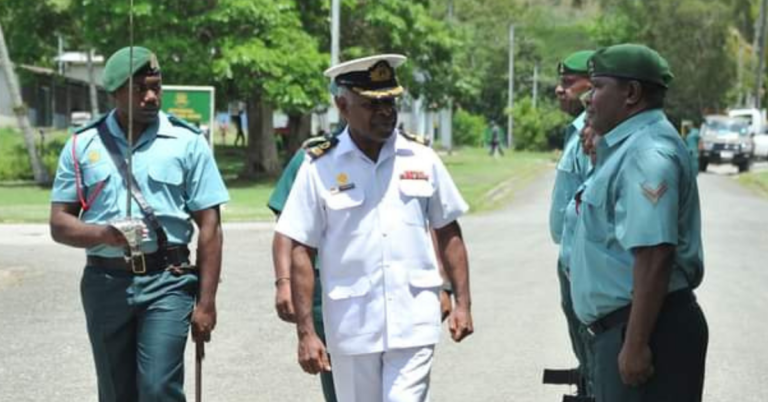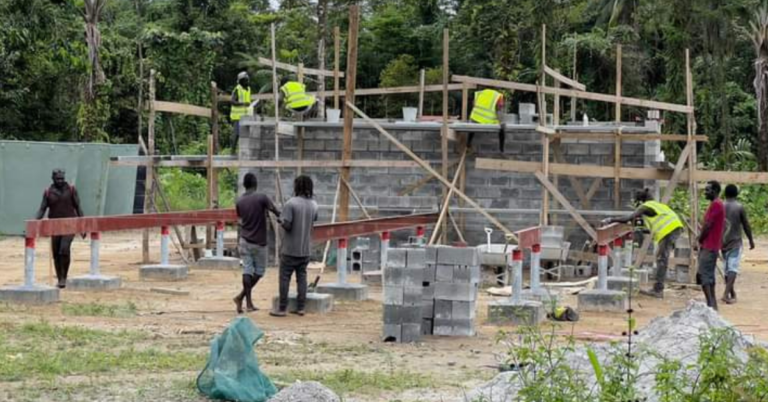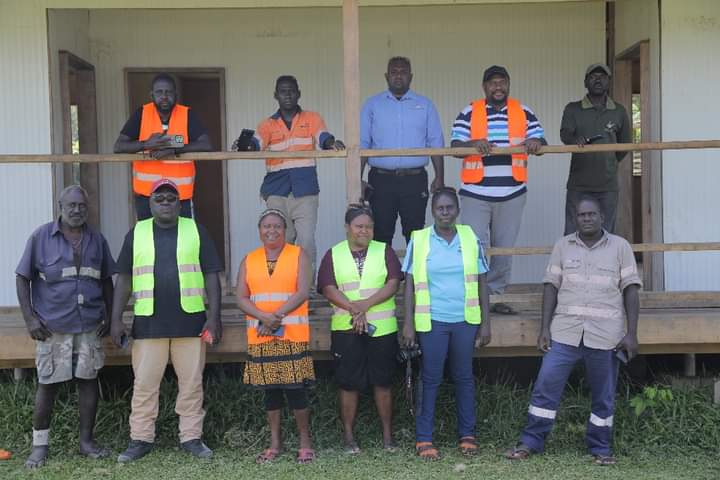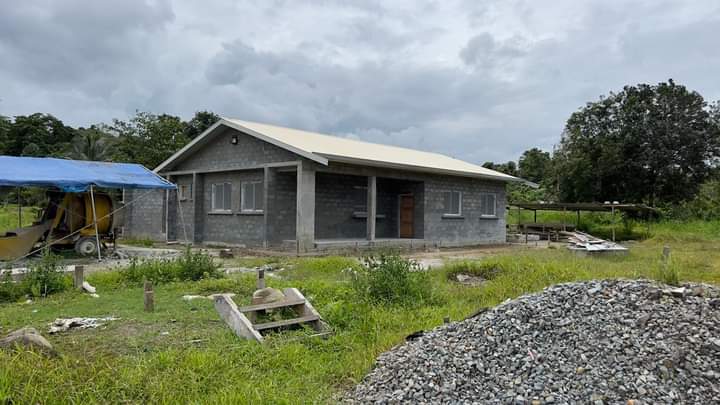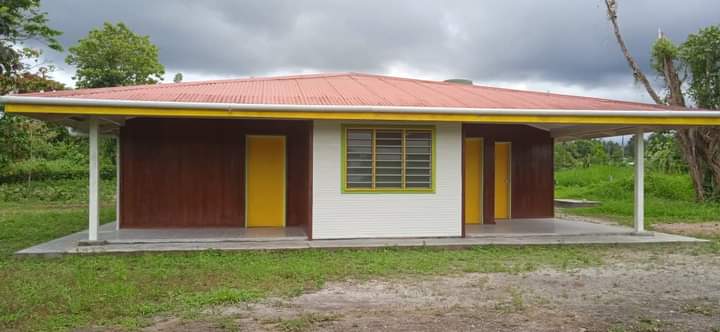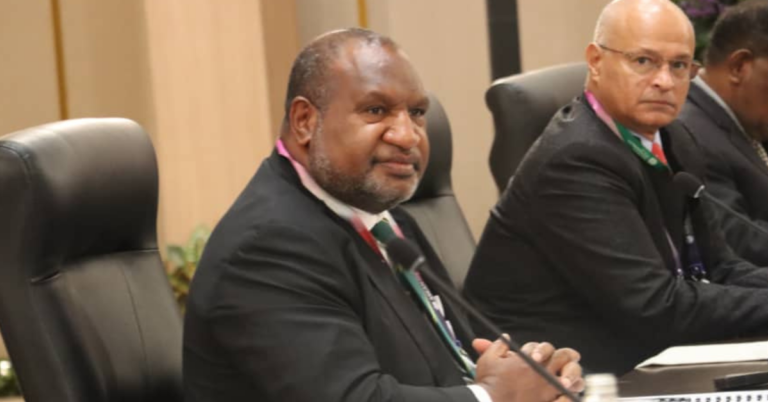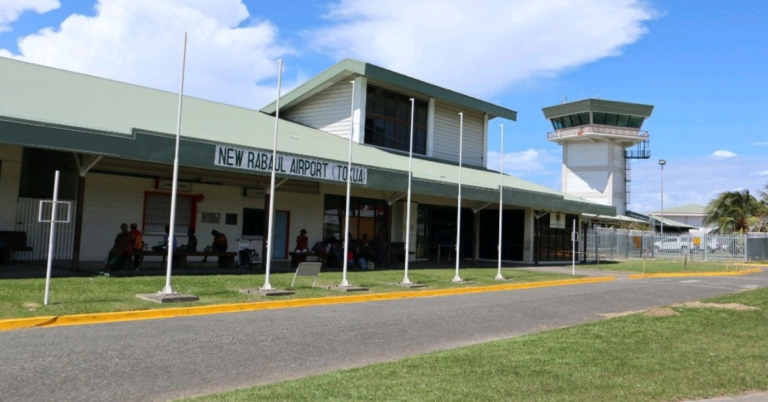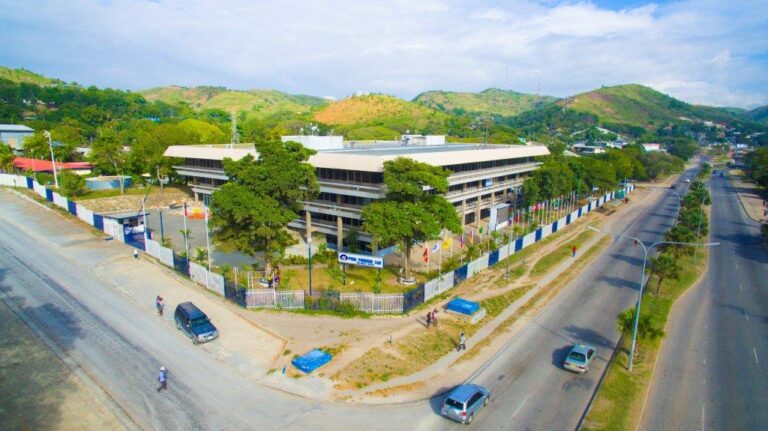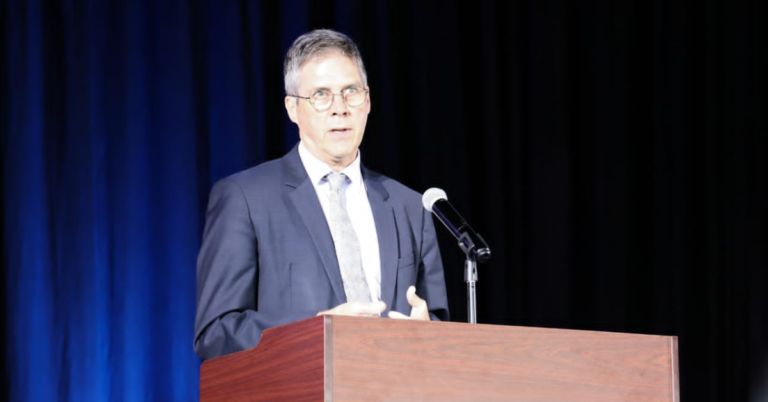Prime Minister James Marape said reflecting on the nationwide festivities, the 48th Independence Anniversary was well celebrated throughout the country.
The Independence Celebration throughout the country was observed starting on Friday, 15th September.
In Port Moresby, hundreds gathered at the Independence Hill to watch the traditional flag raising ceremony.
Marape explained that, out of respect for the Sabbath, he chose not to address the Flag Raising Ceremony at Independence Hill.
“Yesterday, I placed God first on behalf of our country. Instead of being at Independence Hill, I dedicated my time to meditation and prayer as a Sabbath keeper, honoring God as our creator. My devotion to my country remains unwavering. I stand firm in my convictions to both God and the people of Papua New Guinea,” said Marape.
He said from reports they received, the Independence Day celebrations were excellent in every corner of our beautiful country.
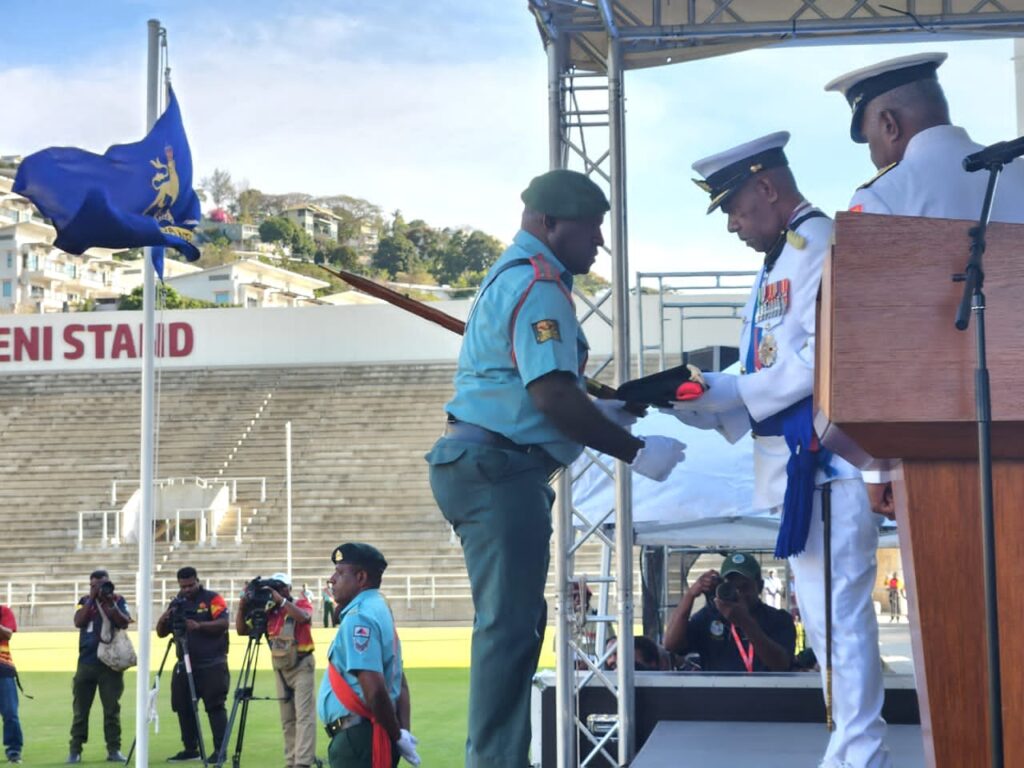
“I want to commend every Papua New Guinean for their unwavering support over the last 48 years. We have encountered numerous challenges, but the future holds great promise. Yesterday, we stood united as one people, one nation, and one country, from Bougainville to the Western regions. I express my sincere gratitude to every citizen for their incredible turnout, their zeal, patience, and profound love for our nation,” said Marape
He added, “As PNG approached the 49th anniversary next year and look ahead to our 50th anniversary in 2025, let us continue to stand united for the betterment of our nation. Together, we can bring about positive change”.

